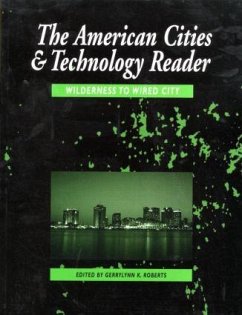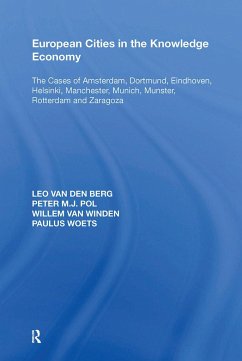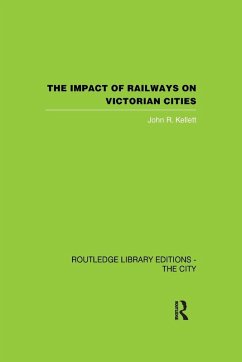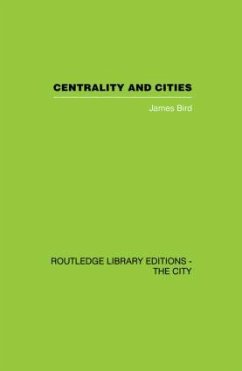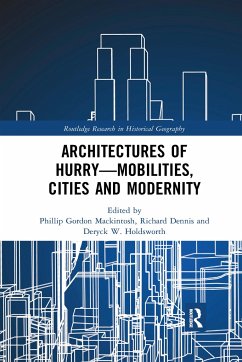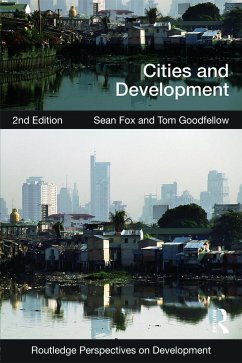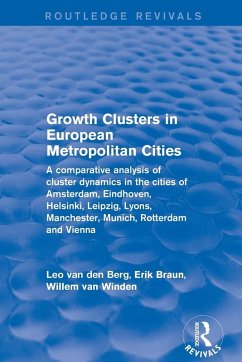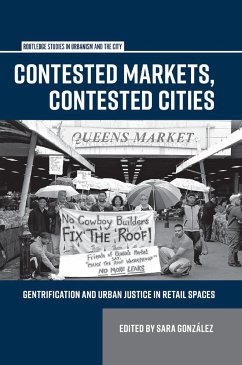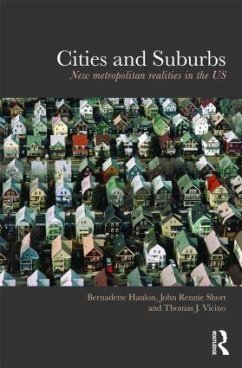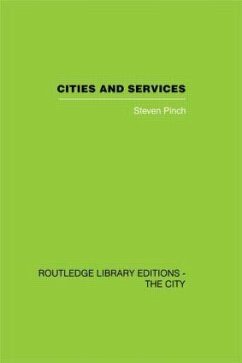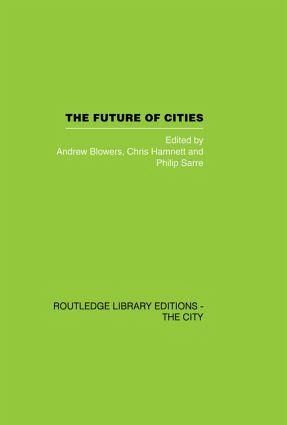
The Future of Cities

PAYBACK Punkte
31 °P sammeln!
This collection of readings draws on material from a wide range of sources - from the past and present and from literature and technology - and is concentrated on the areas which seem most relevant to the planning of the future city - what is happening to the city and what we can do about it. The readings have been selected and organised to present the planning of the future city. This book was first published in 1974.





